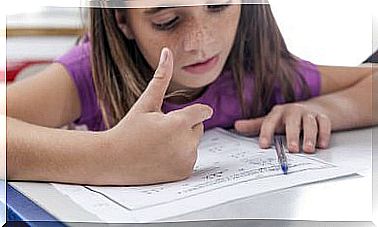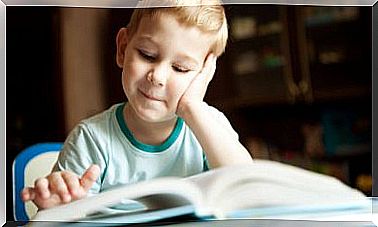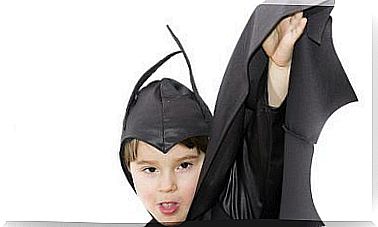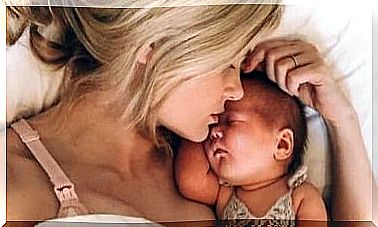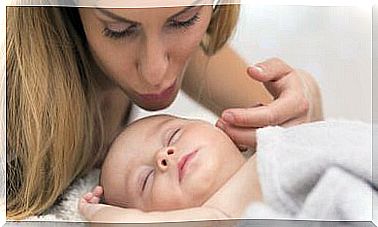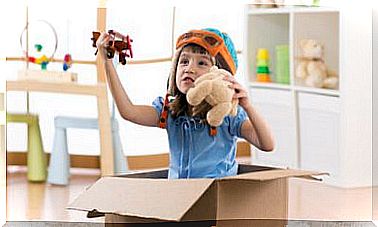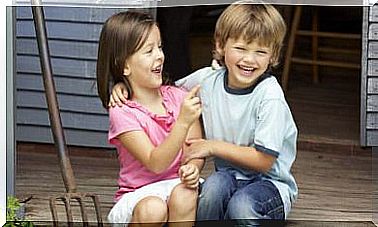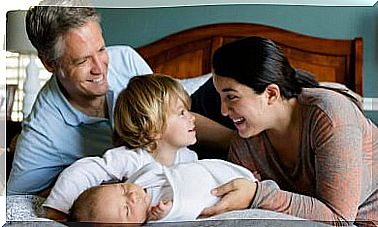Positive Discipline: The Only One That Works
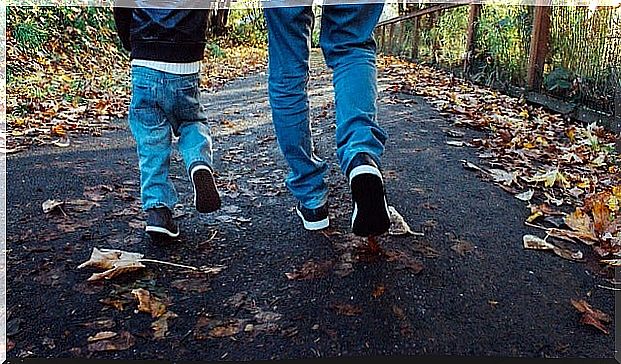
All the children in the world behave “badly” at times, and they would not be children. All parents wonder what they can do to stop this bad behavior, but in many of those occasions it is not necessary to do anything, but the most effective discipline for children to learn the right from the wrong is the one that has to do with love: positive discipline.
Children, in the vast majority of occasions, misbehave when they feel bad about themselves or when they are disconnected from the adults of reference. The word “discipline” means to teach, so discipline is how children will learn how to behave appropriately.
Children learn much better when they feel heard and valued, authoritarian or imposing discipline will only make children feel insecure, endanger the emotional bond with their parents and acquire inappropriate behavior. Punishment and yelling should never be a good option.
Strict breeding
Many parents assume that strict parenting is the best for them to learn to be polite, but the reality is that it only makes children grow up unhappy, feel bad about themselves and behave worse than other children.
Permissive parenting
Sometimes children express their wishes in orders and it is the parents’ job to learn to set limits when it is not something that is for safety or to meet basic needs. Children must learn to tolerate frustration in order to better manage their emotions. If children are allowed everything or given everything they want, they are very likely to become “child tyrants.”

Paste will never be an option
It is possible that as a child you received a slap or a slap, and it is that in the past parents lacked many resources to know what type of parenting was the most appropriate, and not knowing it, many of them used the cheeks. But fortunately, today we know that it is not a viable option and that there are many other ways to teach children (positive) discipline.
Children who are spanked or spanked by their parents have a harder time regulating their emotions, so this could cause problems in their relationships with others and with themselves. Plus, pasting is never an option!

Effective limits
For children to better regulate their behavior, they will need effective limits, only in this way will children feel safe and healthy to interact in a healthy and successful way with others. If you do it right, children will be able to set limits towards themselves (self-discipline) and towards others as well.
More Helpful Tips for Positive Discipline
In addition to the aforementioned, it is necessary that you take into account some useful tips in positive discipline to be effective at home:
- Do not impose or give in: give options. Children need to feel that things are not imposed on them, that is, that they are free to choose what they really want. You may have thought about the alternatives beforehand and in this way they will be able to choose something that you already know will be successful.
- Help them express their feelings. Buried emotions will never be a good choice for children (or even adults). When children do not know how to express their emotions, they can behave inappropriately by not knowing how to react to those feelings. Help him to understand what is happening to him and to name his emotions.
- Listen to him. If you listen to your child you will realize that he has a lot to tell you, do not focus only on your speech and listen to everything he has to tell you, you will probably be surprised by everything he has inside.
- The consequences, better agreed. For children to be aware that their behavior can have consequences, it is best that you establish them with him or at least know them before behaving in one way or another. This way, he can be responsible for his actions and can choose whether to behave appropriately or suffer negative consequences (instead of positive ones).
Do you apply positive discipline at home?
